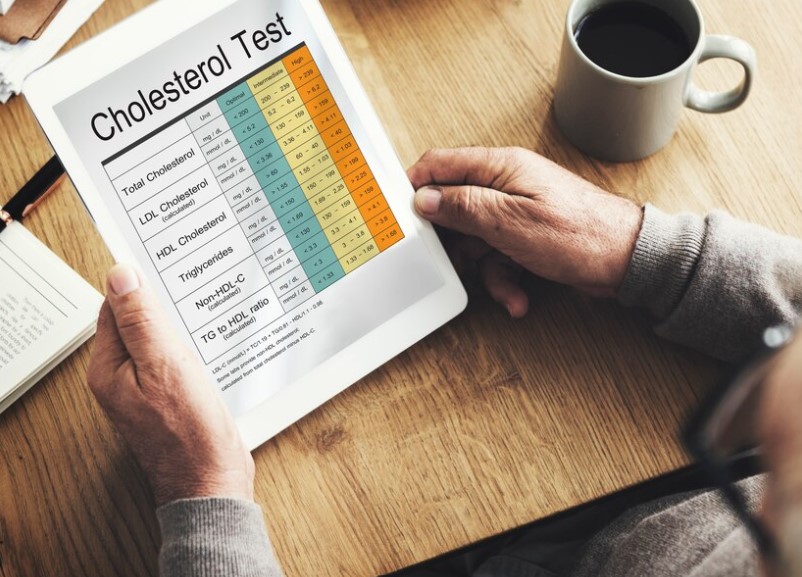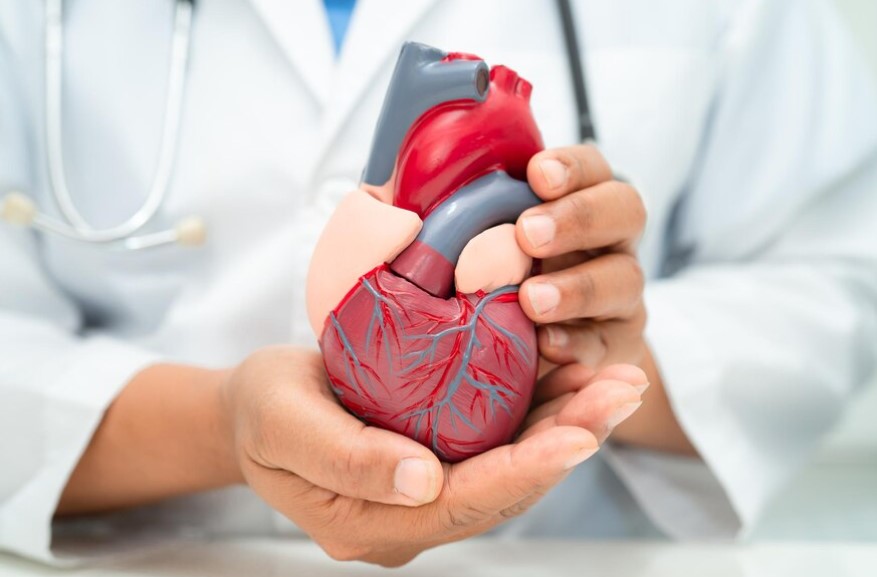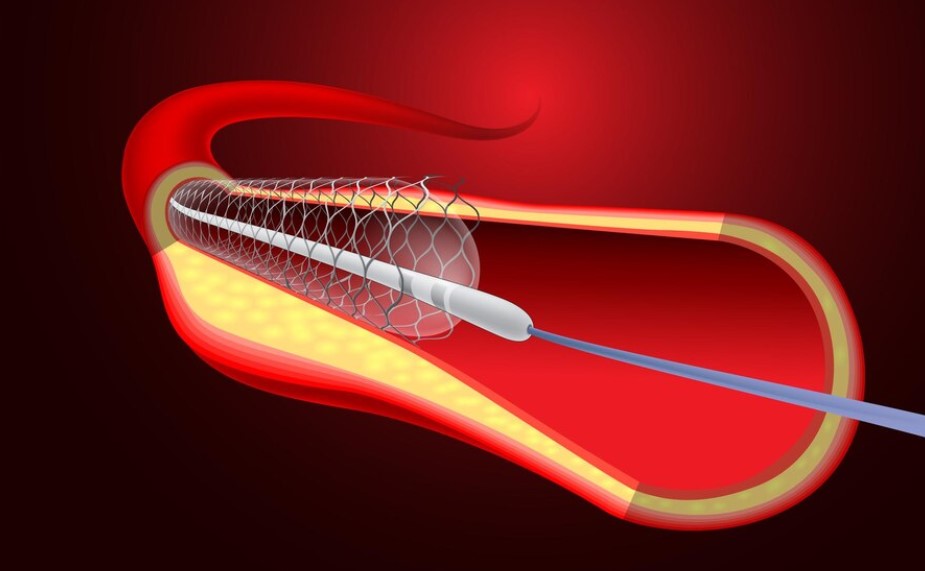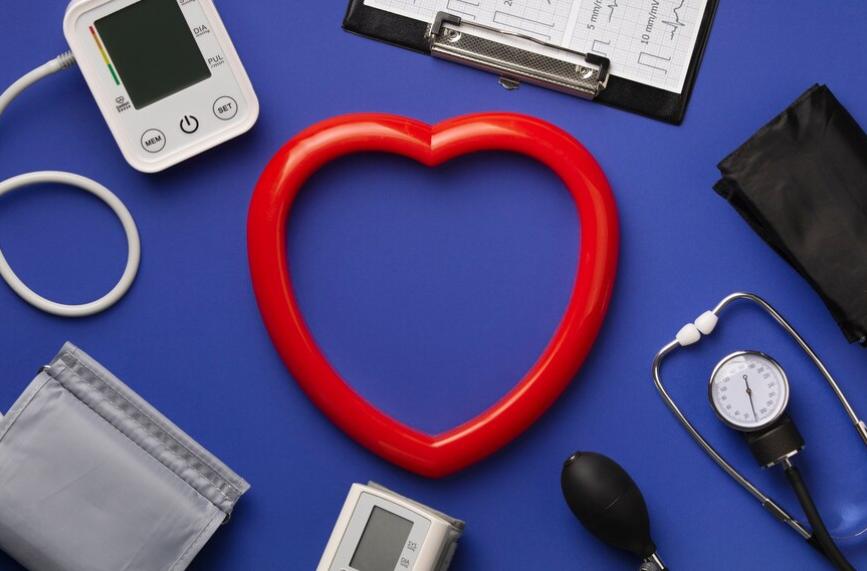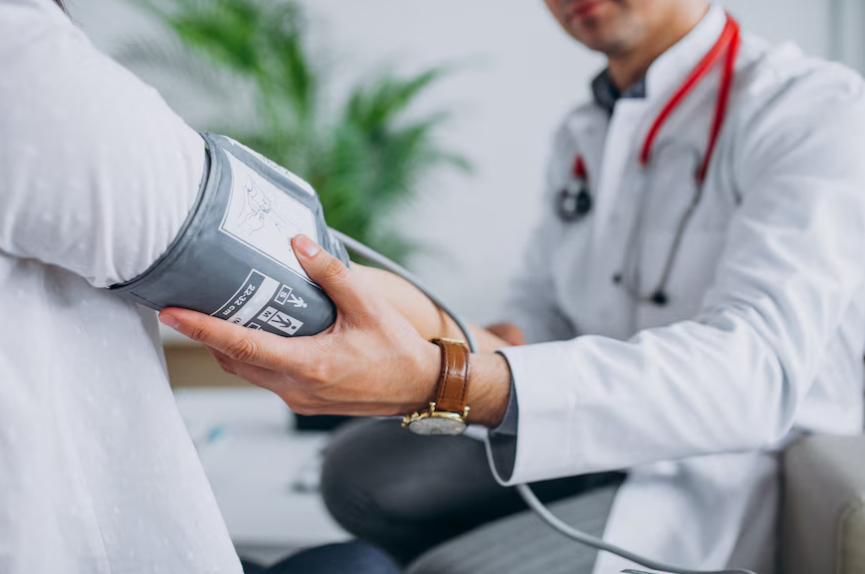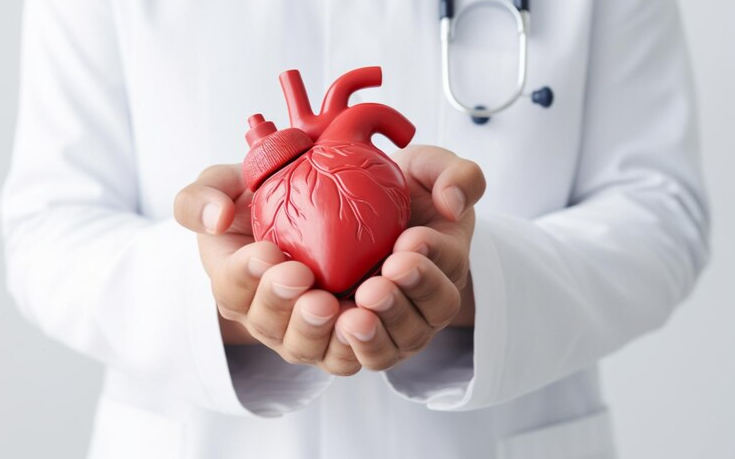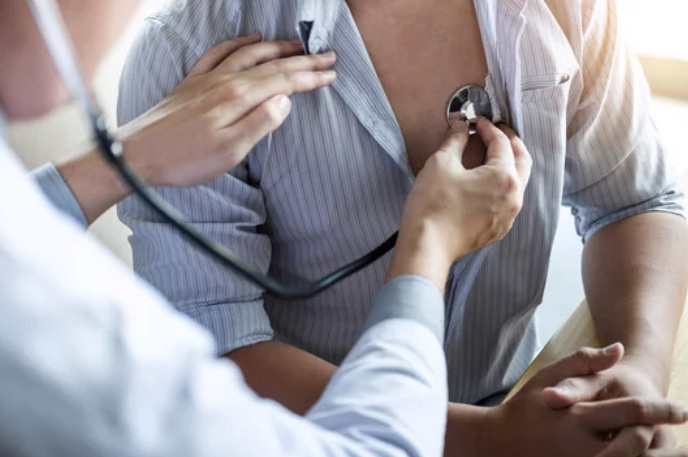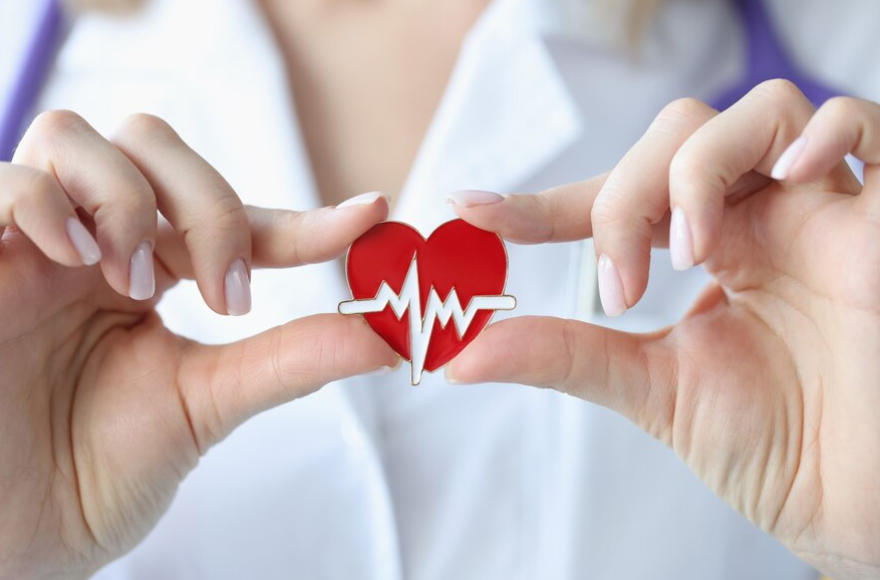Lowering cholesterol levels is a pivotal step towards preventing heart disease, one of the leading causes of mortality worldwide. Understanding the role of cholesterol, its impact on heart health, and effective strategies for managing cholesterol levels can significantly reduce the risk of cardiovascular complications. This comprehensive guide explores the importance of cholesterol management, common causes of high cholesterol, associated health risks, and practical tips for adopting a heart-healthy lifestyle.
Understanding Cholesterol and Heart Disease
Cholesterol is a waxy substance produced by the liver and also found in certain foods. It plays a vital role in building cell membranes and producing hormones. However, high levels of cholesterol in the blood can lead to plaque buildup in the arteries, narrowing them and increasing the risk of heart disease and stroke.
Types of Cholesterol
Cholesterol is transported through the bloodstream by lipoproteins. There are two primary types of cholesterol:
- Low-Density Lipoprotein (LDL): Often referred to as “bad” cholesterol, high levels of LDL cholesterol can lead to plaque formation in the arteries, increasing the risk of heart disease.
- High-Density Lipoprotein (HDL): Known as “good” cholesterol, HDL helps remove LDL cholesterol from the bloodstream, reducing the risk of heart disease.
Causes of High Cholesterol
Several factors contribute to high cholesterol levels, including:
- Unhealthy Diet: Consuming foods high in saturated fats, trans fats, and cholesterol can raise LDL cholesterol levels.
- Lack of Physical Activity: Regular exercise helps increase HDL cholesterol levels and lower LDL cholesterol.
- Obesity: Excess weight can lead to higher LDL cholesterol and lower HDL cholesterol levels.
- Smoking: Tobacco smoke damages blood vessels, making it easier for cholesterol to accumulate and form plaque.
- Genetics: Family history and genetics can influence cholesterol levels and increase the risk of familial hypercholesterolemia.
Health Risks Associated with High Cholesterol
High cholesterol levels contribute to the development of atherosclerosis, a condition characterized by the buildup of plaque in the arteries. This can lead to:
- Coronary Artery Disease: Narrowing of the coronary arteries can reduce blood flow to the heart, leading to chest pain (angina) or heart attack.
- Stroke: Blockage of blood flow to the brain due to plaque buildup in the carotid arteries can cause a stroke.
- Peripheral Artery Disease: Reduced blood flow to the limbs can result in pain, numbness, or infection.
Lowering Cholesterol Levels
Lowering cholesterol levels can be achieved through lifestyle changes and, if necessary, medications prescribed by a healthcare provider. Effective strategies include:
1. Heart-Healthy Diet
- Reduce Saturated Fats: Limit intake of red meat, full-fat dairy products, and fried foods.
- Increase Fiber: Choose whole grains, fruits, and vegetables rich in soluble fiber to help lower LDL cholesterol levels.
- Healthy Fats: Opt for unsaturated fats found in olive oil, avocados, and nuts.
2. Regular Exercise
- Aim for at least 150 minutes of moderate-intensity aerobic activity per week, such as brisk walking or cycling.
- Strength training exercises can also help improve cholesterol levels.
3. Quit Smoking
- Quitting smoking improves HDL cholesterol levels and reduces the risk of heart disease.
4. Maintain a Healthy Weight
- Losing excess weight can help lower LDL cholesterol and increase HDL cholesterol levels.
5. Medications
- If lifestyle changes alone are not sufficient, medications such as statins, bile acid sequestrants, or PCSK9 inhibitors may be prescribed to lower cholesterol levels effectively.
Conclusion
Lowering cholesterol levels through lifestyle modifications and medical intervention is essential for reducing the risk of heart disease and stroke. Understanding the impact of cholesterol on heart health and adopting heart-healthy habits can promote longevity and overall well-being. Consultation with a trusted cardiologist like Dr. Sanjay Kumar ensures proactive management of cholesterol levels and comprehensive cardiovascular care.
For personalized guidance on managing cholesterol levels and preventing heart disease, consult Dr. Sanjay Kumar, a dedicated cardiologist in Faridabad. Dr. Sanjay Kumar provides comprehensive evaluations and treatment plans tailored to each patient’s unique needs. For consultation or more information, contact Dr. Kumar at +91-9818391954 or 0129-7116000, or visit www.drsanjaykumar.co.in.

